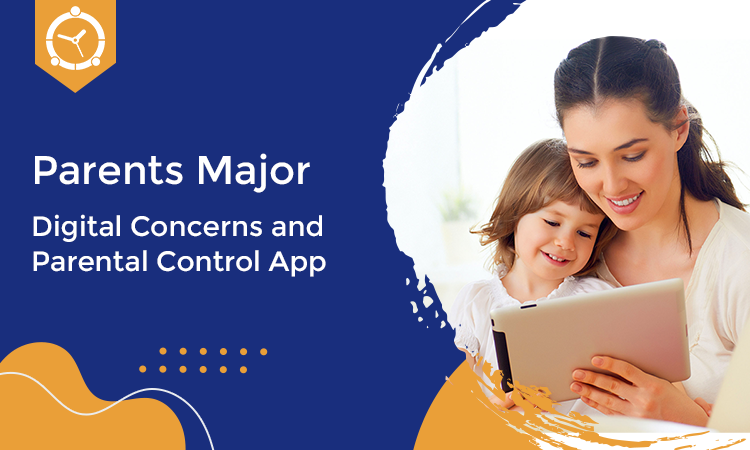India's Ministry of Electronics and Information Technology (MeitY) is currently testing a parental control app called SafeNet. This app aims to empower parents by allowing them to monitor their children's online activity, including setting content filters, tracking location, and overseeing calls and messages. While the initiative seeks to address child safety in the digital age, concerns are mounting regarding potential privacy violations.
The app's development comes amidst rising anxieties about online dangers faced by children. Unfiltered internet access can expose them to inappropriate content, cyberbullying, and online predators. SafeNet seeks to mitigate these risks by providing parents with a control panel, allowing them to create a safer online environment for their children.
However, the proposal to pre-install SafeNet on all new mobile devices, laptops, and computers has sparked debate. The Internet Service Providers Association of India (ISPAI) has advocated for this approach, suggesting it would make child protection tools readily available. However, critics argue that pre-installation makes opting out difficult, potentially infringing on user privacy.
Opponents highlight the possibility of the app being misused for intrusive surveillance. They raise concerns that the app's data collection practices could extend beyond a child's device and potentially access a parent's online activity as well. Additionally, the reliance on pre-determined filters for content moderation raises questions about censorship and the potential stifling of a child's access to legitimate information.
The debate surrounding SafeNet underscores the ongoing tension between child safety and individual privacy in the digital realm. While proponents believe the app empowers parents to safeguard their children, critics fear it could lead to a culture of excessive monitoring and a potential erosion of online freedoms.
MeitY has maintained that the app prioritizes user privacy and data security. They have assured the public that the app's functionalities are strictly limited to monitoring a child's device and do not extend to parental activity. However, the lack of a fully transparent data security framework continues to be a source of unease.
The testing phase of SafeNet provides an opportunity for further discussion and refinement. Addressing privacy concerns through robust data protection measures and clear user opt-in mechanisms will be crucial in determining the app's acceptability. Finding a balance between child safety and user privacy will be vital if SafeNet is to become a widely adopted tool for responsible digital parenting in India.

